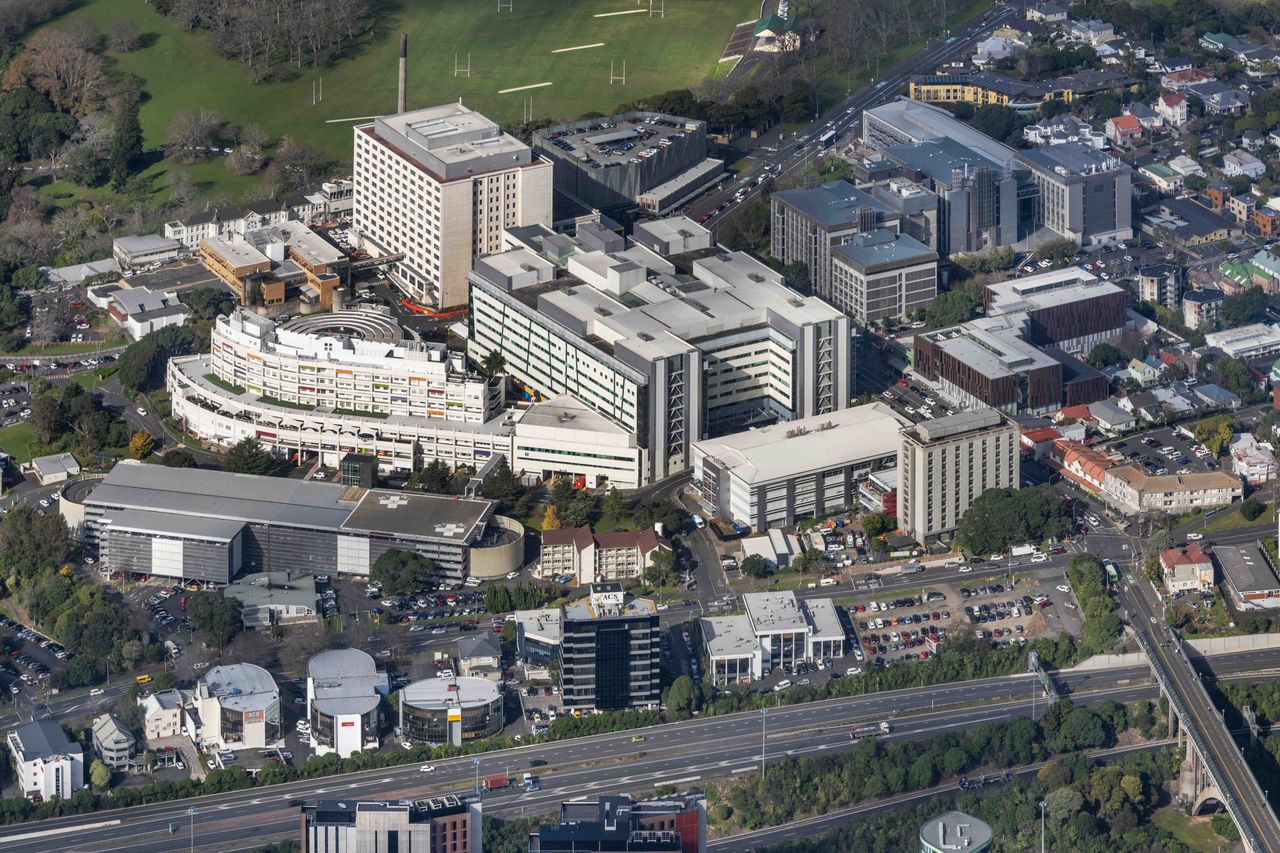News & Insights
Prioritising Health is the Prescription for Prosperity
Author
Sector

Budget 2022 solidifies the long-signalled move to a more integrated health system, which provides opportunities to facilitate improved equity in the health system.
The introduction of the new multi-year funding model intends to enable sustainable long-term planning for future investments. It offers the chance to overcome the historical financial shortcomings, and to not only set up the new health entities – Health New Zealand and the Māori Health Authority – but also provide the platform to rethink how to we build healthcare infrastructure for the future of Aotearoa.
Infrastructure investment for the greatest gains needs to be planned with long-term views (and an eye on delivery). Health infrastructure investment can be costly and seem unobtainable in resource-constrained settings. But health investment can contribute substantially to alleviating burdens or morbidity, while also providing a positive return on investment in the long term.
Why focus on the return?
Access to quality healthcare underpins our social cohesion and economic prosperity. Government – as kaitiaki – must make health investments that deliver better health outcomes and improve well-being for more people, and also bolster economies, create jobs and enhance productivity. In other words, make sure investing in the health system delivers both societal and economic outcomes to bolster NZInc’s wellbeing.
Health equity can look like early intervention – healthcare may be delayed, but it cannot be avoided – think cancer screening compared to cancer treatment. Kicking the can down the road comes at a human cost and stunts economic and productivity growth.
On the other hand, when labour is healthy, the incentive to develop new skills and knowledge is higher because people expect to enjoy long-term benefits (Boom and Canning et al., 2000). Investing in the health system and early intervention not only saves lives, it is also a crucial investment in the wider economy.
Investing in health has been shown to give economic returns to the health sector, other sectors and the wider economy. It delivers an estimated fourfold return on every dollar invested – an effect described as the “fiscal multiplier” (Reeve et al., 2013) – yet the economic return of health investment has largely been absent from the discussion.
The importance of human capital to economic growth cannot be over emphasised because it serves as a catalyst to economic development. Ill health impairs productivity, hinders job prospects and adversely affects human capital development. There has been a strong political and historical commitment to treating health as a social goal either through legislation or mandating and prioritising expenditure on health.
COVID-19 was an unwelcome reminder of just how much health matters for individuals, society and the global economy. It highlighted the impact of underfunding the health system – quality care cannot occur in the absence of adequate infrastructure. Of course, while infrastructure is critical for high-quality care, it is not a measure of services provided.
Infrastructure allows public health professionals to respond to ongoing health problems, such as chronic disease, and prepare for and respond to emergency health threats, such as natural disasters and disease outbreaks. Without resilient public health infrastructure, deadly disease outbreaks can become even deadlier.
Building a better world
Digitisation can help with this resilience and build efficiencies. Digital technologies can change the way the healthcare sector is operating, making available new diagnostic capabilities. It can also draw on data for tailored treatment, enabling more efficient processes and connecting different ‘components’ such as pharmaceutical, medical technology, biotechnology and diagnostics. This can increase the capacity of the health system, without investing in more beds.
Indeed, investing today to meet the needs of tomorrow is more critical than ever. With interest rates rising and the world economy in a state of flux, hospitals provide much-needed economic support and stability to communities across Aotearoa. In many regions, a hospital may be the largest employer and can be an integral part of the community’s framework. The state of infrastructure is preventing our hospitals from performing these essential roles.
Budget 2022 provides us the opportunity to overcome the historical financial shortcomings by establishing Health New Zealand and the Māori Health Authority, and is a launch pad to rethink how we build healthcare infrastructure for the future.
Nonetheless, we still have a long way to go to ensure our public health system and physical infrastructure support the outcomes we all know a high-quality and equitable health system should provide. If you had a blank cheque book, what would you prioritise for investment to deliver better health outcomes, improved well-being, a stronger economy, job creation and enhanced productivity? Comment below with your ideas!



